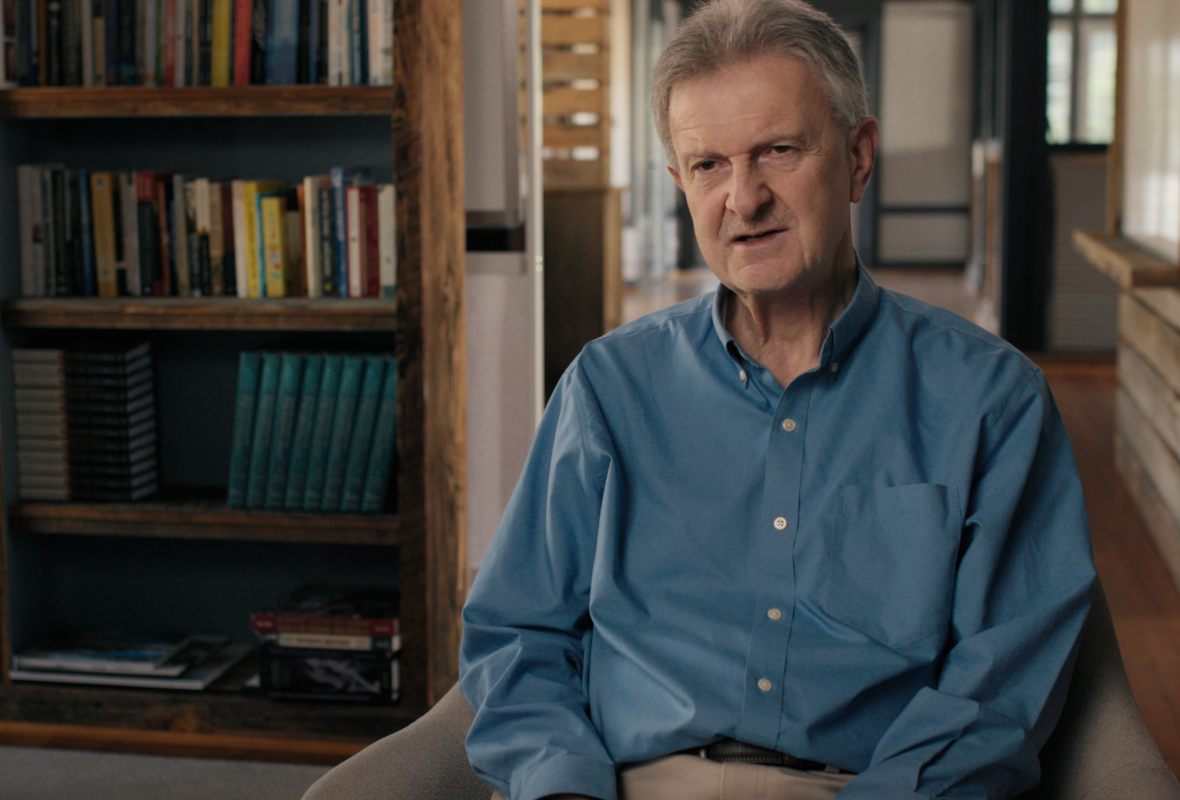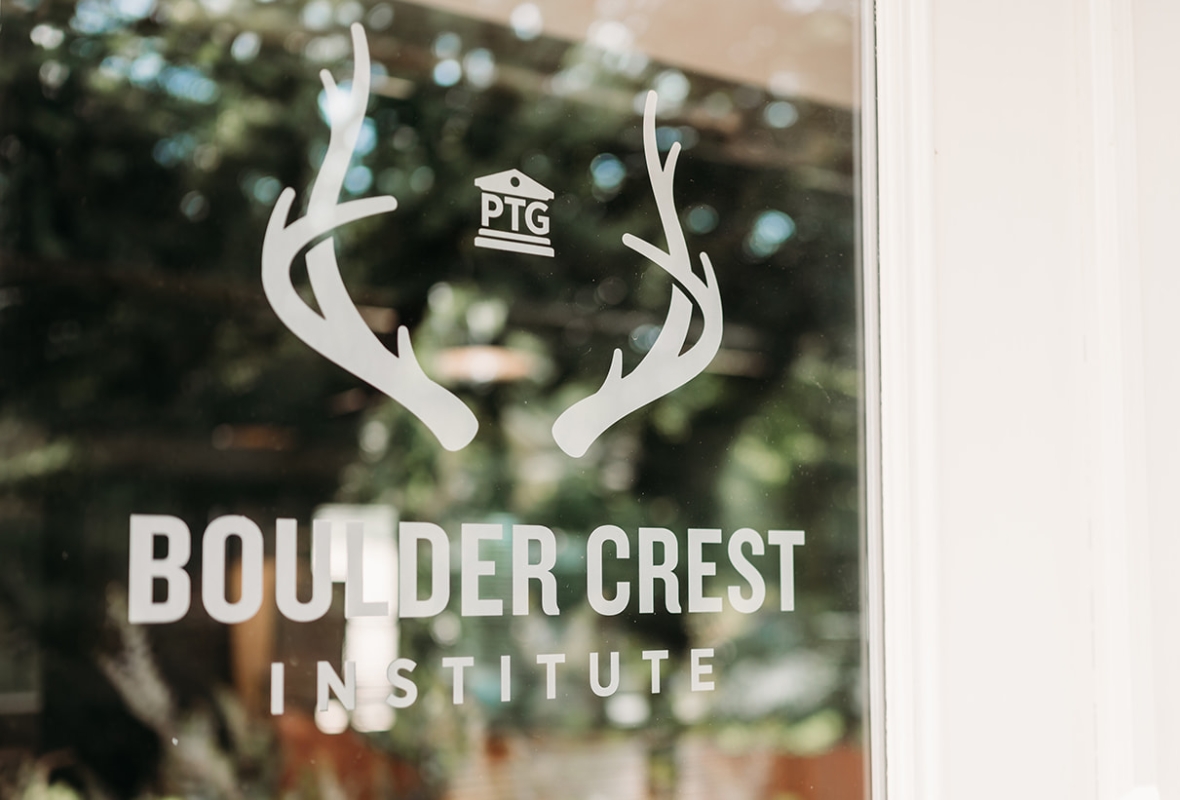Record Keeping
The Boulder Crest Institute for Posttraumatic GrowthSM (BCI) maintains comprehensive records for all continuing education activities in accordance with APA Standards and Criteria, as well as ASWB requirements.
We collect and retain the personal data we deem necessary for the purposes for which it was collected and for the length of time required for our legitimate business and legal purposes. We will only retain your personal data for as long as necessary to fulfill the purposes we collected it for, including for the purposes of satisfying any legal, accounting, or reporting requirements. To determine the appropriate retention period for personal data, we consider the amount, nature, and sensitivity of the personal data, the potential risk of harm from unauthorized use or disclosure of your personal data, the purposes for which we process your personal data and whether we can achieve those purposes through other means, and the applicable legal requirements.
In some circumstances you can ask us to delete your data – see, “Individual rights” (below) for further information.
Attendance and Verification of Credit
Our Learning Management System (LMS) tracks detailed participant data, including log-in times, module progress, completion status, and capstone submission. This data provides a valid and reliable method for verifying attendance and participation. Certificates of Attendance and CE credit verification are generated and stored in the LMS upon successful completion of all course requirements.
BCI is able to verify the awarding of CE credit to participants and will provide this verification to individuals who request it upon request after course completion.
Evaluations and Course Materials
In addition to attendance records, BCI maintains participant evaluations and all course materials, including instructional content, assessments, and capstone rubrics.
Data Retention Policy
BCI does not delete participant data, course materials, or evaluation records from the LMS. All data is securely stored and remains available for auditing, reporting, and verification purposes. Records are maintained in compliance with privacy, confidentiality, and data security standards outlined in our Program Management and Privacy Policy.
The Data We Collect
Personal data, or personal information, means any information about an individual from which that person can be identified, either directly or indirectly. The data we collect about you depends on the Services you use, how you use them, and the information you provide to us. We collect data (1) when you or your employer provide it directly to us, (2) automatically through technology when you use the Services, and (3) from other sources.
- Data you or your employer provide directly to us
- You or your employer may provide data to us when you use the Services, such as when you register for an account, participate in one of our programs, or communicate with us. This data may include:
- Identity Data includes first name, last name, username or similar identifier, title, and your employer.
- Contact Data includes business address, corporate or personal email address and telephone numbers.
- Marketing and Profile Data includes your interests and preferences in receiving marketing from us and select third parties, your communication preferences and survey responses.
- Customer Service and Inquiry Data, such as information you provide us when you contact customer support or ask us a question about our Services.
- User-Generated Content, such as information you provide to our instructors and coaches in connection with your participation in our business Services.
- Data collected automatically when you use the Services
- When you use our Services, we may automatically collect certain data using a variety of tools, including server logs, cookies, and other technologies. This data may include:
- Device and Network Data includes internet protocol (IP) address, browser type and version, time zone setting and location, browser plug-in types and versions, operating system and platform and other technology on the devices you use to access this website.
- Usage Data includes information about how you use the Services, such as which Services you use, content accessed within the Services, date and time of use, amount of time spent on the Services, navigation within the Services, and entering and exiting URLs.





